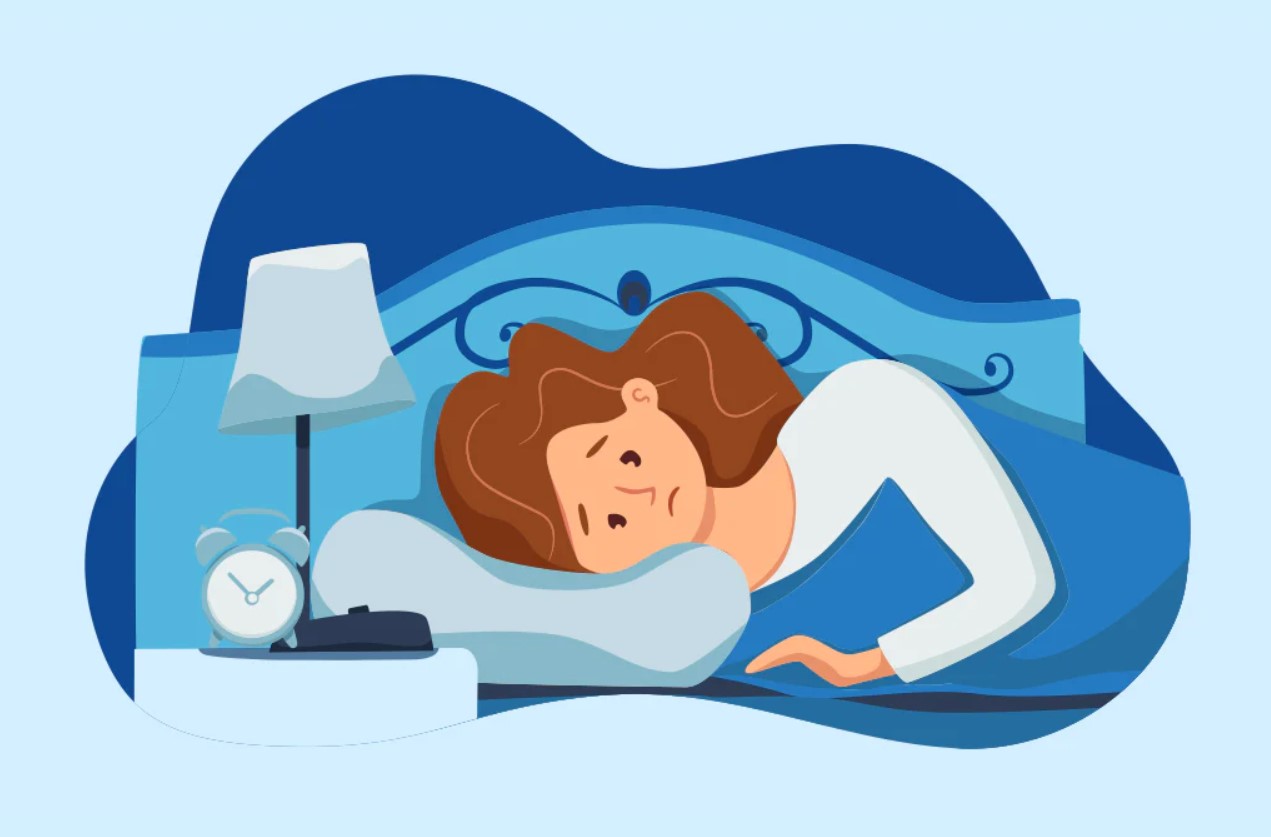Why You Should Reduce Your Sugar Intake Due to Anxiety
Is there any connection between sugar and anxiety? The truth is that consuming a lot of sweets can affect our mood by causing insulin spikes and leading to obesity. The result is extreme anxiety and mood swings.
Our natural reaction to stress is anxiety. The first day of school, a job interview, or giving a speech, for instance, can make the majority of individuals anxious and scared.
Worrying about changing residences, beginning a new job, or taking a test is normal. Although this kind of worry is unpleasant, it spurs us to work harder and perform more effectively.
Ordinary anxiety is a passing emotion that has no impact on your day-to-day activities. Although it is not a topic for this article, it occasionally has the potential to turn into a mental disorder.
How Sugar Affects Mood
You might be aware of the term “sugar rush,” and you’re likely used to eating a chocolate bar or anything else sweet before an exam or other significant event to give yourself an extra energy boost for the day.
Sugar might not be such a harmless energy enhancer, though. Recent research indicates that sugary foods do not improve mood.
In fact, sugar may have the opposite impact overtime.
According to a 2017 study, eating a lot of sugar raises the risk for both men and women developing chronic and occasional mood disorders.
According to a 2019 study, people over 60 who regularly consume sweets and saturated fats report feeling more anxious.
Additional data is required to support of the notion, but you should still avoid overindulging in sweets. Other factors contribute to the long-lasting calming effects of sugar addiction.
Weakens the Ability to Deal with Stress
Stress-eating chocolate ice cream? You are not alone! A lot of people do this feeling stressed. It is because sugary meals make it harder for our bodies to react to stress. Sugar suppresses the hypothalamic-pituitary-adrenal axis in your brain, which is what causes us to feel stressed. According to research from the University of California, sugar reduces cortisol (the stress hormone) secretion triggered by stress, making people feel less anxious. However, if one starts limiting themselves in sweets and sugar, it may only lead to a stronger addiction.
Increases the Risk of Developing Depression
Although it can be challenging to stop eating sweets, continuing to use sugar to control your emotions will only make you feel depressed, worn out, or hopeless. That is to say, you can eat buckets of ice cream, but you will only get momentary comfort, develop an addiction, and undoubtedly gain a few more millimeters in the waist.
Numerous studies have discovered a connection between sadness and diets high in sugar.
Excess sugar-eating leads to a chemical imbalance in the brain. This imbalance can cause despair and, for some people, even raise their long-term risk of developing a mental disease.
Giving Up Sugar Can Cause a State Close to Panic Attacks
It isn’t easy to give up eating sugar.
Side effects:
- anxiety;
- irritability;
- confusion;
- fatigue.
As a result, when giving up the usual sweets, we can fall into a state similar to withdrawal from certain drugs.
“The evidence and credibility of sources in the literature show significant parallels and overlaps between drugs of abuse and sugar,” explains Dr. Uma Naidoo, a nutrition expert at Harvard Medical School.
Naidoo says that people who consume large amounts of sugar in their diet may similarly experience the physiological withdrawal sensation of cocaine if they suddenly stop using sugar.
Sugar Impairs Cognition
Eating a chocolate bar just before an exam is never a good idea.
According to recent studies, eating a lot of sugar can affect our cognition even if we don’t gain weight.
Another study discovered that after just one week of consuming foods high in saturated fat and refined sugar, healthy individuals in their 20s and 30s perform poorly on memory tests and cannot regulate their appetite.
We’re not advocating a complete elimination of anything with sugar in it. However, we should indeed consider progressively removing such foods from our regular diets and substituting them with healthier treats.
For premium readers







